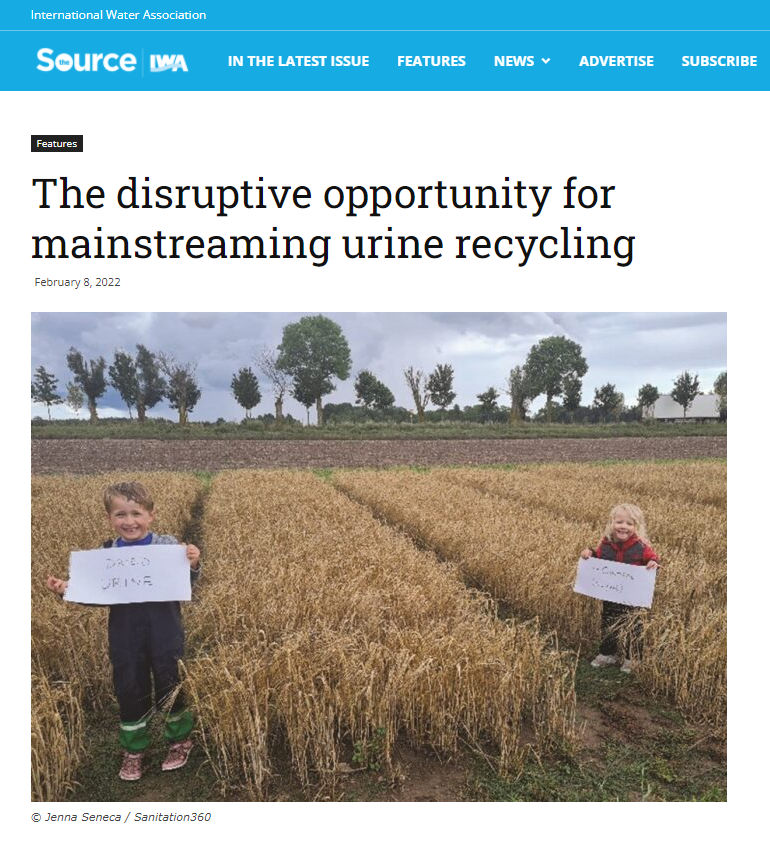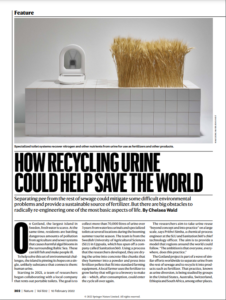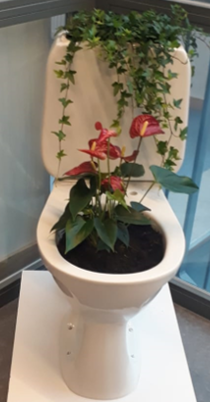Check out our latest article, a collaboration with the Zifu Li group at USTB Beijing that was published in the journal Resources, Conservation and Recycling:
Zhou, X., Simha, P., Perez-Mercado, L. F., Barton, M. A., Lyu, Y., Guo, S., … & Li, Z. (2022). China should focus beyond access to toilets to tap into the full potential of its Rural Toilet Revolution. Resources, Conservation and Recycling, 178, 106100.
Abstract: In China, over 47 million toilets in rural areas have been upgraded since the nationwide sanitation program, popularly referred to as the “toilet revolution”, was launched in 2015. However, little is known about the perceptions of rural households regarding these new toilets or the fate of human excreta collected using them. To investigate the other side of the toilet revolution, we surveyed 980 rural households from 22 provinces across China in 2020. We found that most households used an on-site sanitation system (i.e. septic tanks and pit latrines), where urine and feces were mixed and collected (88%), stored in pits or tanks (79%), emptied by the households themselves (60%), applied on farmland as fertilizer (45%), or used for biogas production (5%). Despite the toilet revolution-driven infrastructure upgrade, only 25% of the households were satisfied with their sanitation system and pointed to health risks from issues in the toilet interface and the treatment and reuse of excreta as areas of concern. The majority preferred an “out of sight, out of mind” approach, in which the local government handles excreta without involving the households and without asking them to pay for such management. Meanwhile, 80% supported the idea of local nutrient recycling and believed that human excreta should return to farmland as fertilizer or used for biogas production. Our findings suggest that decision makers in local governments across China must urgently explore ways to upgrade all parts of the sanitation service chain so that rural sanitation can be truly improved to positively influence the progress on other national sustainability goals.






